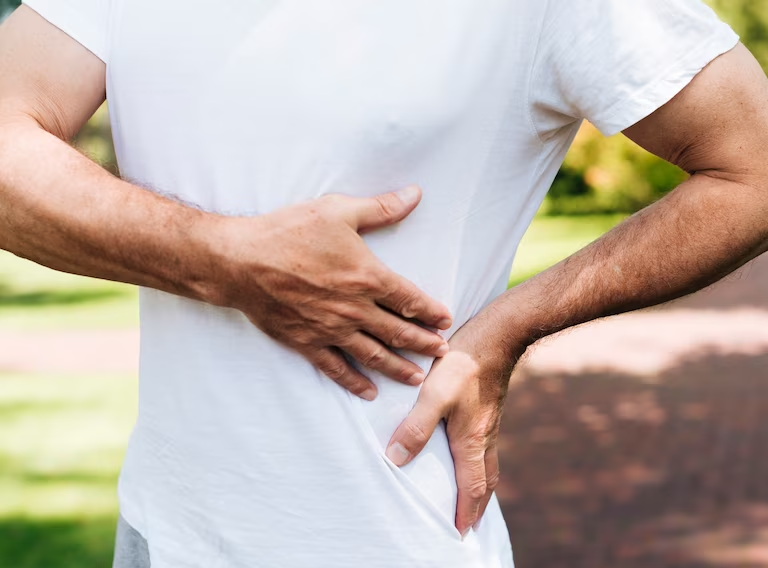Kidney Stones
Kidney stones are formed when minerals and salts in the urine crystallize and stick together to form a hard mass. The exact process of how kidney stones are formed can vary depending on the type of stone. Here are some of the most common types of kidney stones and how they are formed:
-
-
- Calcium stones: These are the most common type of kidney stones and are formed when calcium combines with oxalate or phosphate in the urine to form a hard mass. High levels of calcium or oxalate in the urine can increase the risk of calcium stones.
- Struvite stones: These are formed as a result of a urinary tract infection. Bacteria in the urine can cause the formation of struvite stones, which can grow very large and cause significant damage to the urinary tract.
- Uric acid stones: These are formed when there is too much uric acid in the urine, which can be caused by a diet high in purines (found in red meat, shellfish, and alcohol) or certain medical conditions (such as gout).
- Cystine stones: These are rare and are formed when there is too much cystine (an amino acid) in the urine due to a genetic disorder.
-
-
-
- Intense pain in the back, side, or lower abdomen
- Painful urination
- Blood in the urine
- Nausea and vomiting
- Fever and chills (if an infection is present)
- There are several factors that can increase the risk of developing kidney stones, including dehydration, a diet high in salt and animal protein, obesity, certain medical conditions (such as gout and Crohn’s disease), and a family history of kidney stones.
-
-
-
- Stay hydrated: Drink plenty of water and other fluids to help flush out the urinary system.
- Limit salt and animal protein: A diet high in salt and animal protein can increase the risk of kidney stone formation. Opt for a diet that is low in salt and includes plenty of fruits, vegetables, and whole grains.
- Get enough calcium: Contrary to popular belief, getting enough calcium in your diet can actually help prevent kidney stones. Calcium binds with oxalate in the digestive tract, reducing the amount that can reach the kidneys and form stones.
- Monitor your medication: Some medications, such as diuretics and antacids, can increase the risk of kidney stones. Talk to your doctor about the potential side effects of any medication you are taking.
-

